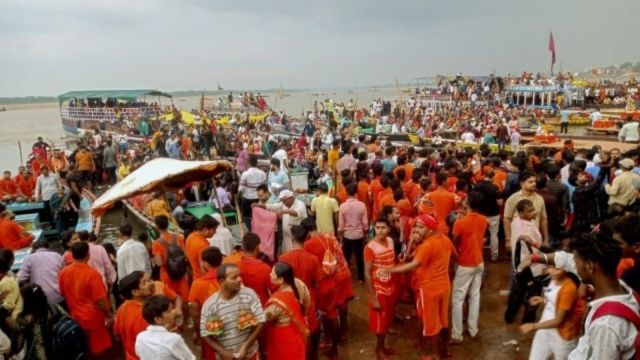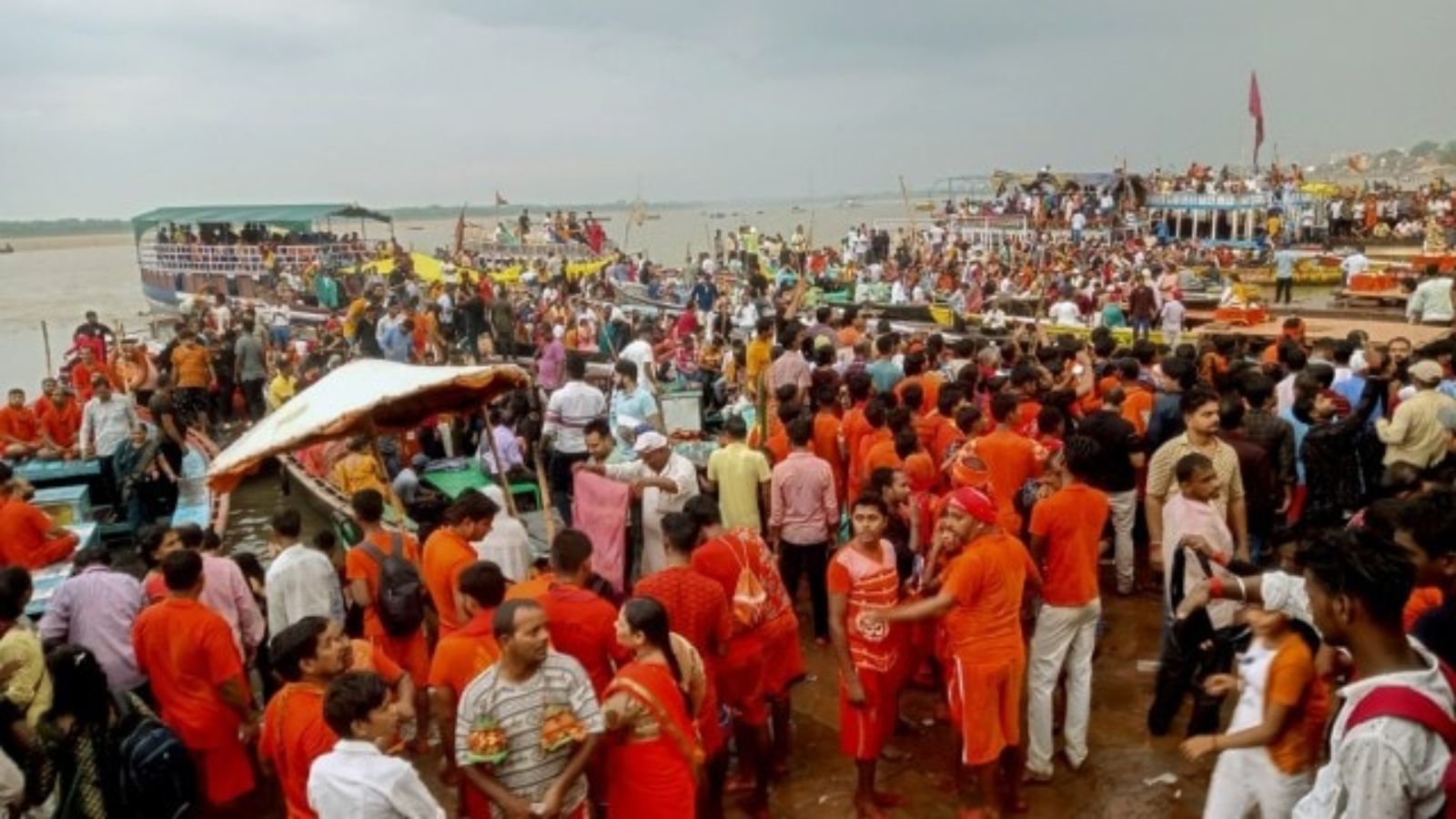
In an order on July 17, the Muzaffarnagar Police asked owners of restaurants, shops, street-side eateries and food vendors on the Kanwar yatra route to display their names along their businesses. Senior police officials of the district have explained the order as a precautionary measure during the ongoing Kanwar yatra in the state. The order was subsequently been extended to the districts of Saharanpur and Shamli and similar orders were passed in Uttarakhand (Haridwar) and Madhya Pradesh (Ujjain). On July 22, the Supreme Court stayed the enforcement of all such directions, and noted that there was no government order empowering the police to give directions in this case.
The police’s directions should be seen in a context: Many businesses along the Kanwar yatra route in UP are owned by Muslims. A large number of Muslims also work in these eateries and restaurants. There is, then, bigotry ingrained in such a direction.
Modern democracies work on the trinity of justice, fraternity and liberty. In the last 10 years in India, this trinity has been bruised on several occasions. The police orders in question is just one such. The whataboutery around the action, particularly by those defending this is equally baffling. It needs closer examination from a broader social perspective.
To display one’s identity (forcing this violates the right to privacy) – whether in business or otherwise – depending on the person’s social context, is a double-edged sword. It can, on the one hand, put him/her in danger of loss of life, property or business. Or, it can propel a person on the ladder of success. It is no secret that a privileged caste identity, wealthy attire and good spoken English can open most doors in India. Imagine the opposite. With a surge in religious intolerance in the last decade, the display of religious identity can be dangerous, particularly for citizens from minority communities.
The audacity of the UP police order in a secular republic is more worrying than the order itself. If the state can allow its administrative machinery to violate the fundamental rights of a section of its citizenry, it can do so on a much broader scale in the future. Asking members of a particular community to publicly identify themselves has a disturbing history.
There is an economic aspect to such orders as well. Eateries, restaurants, roadside vendors, hotels, etc make good money through the Kanwar yatra period. Forcing the vendors and owners to disclose their identity appears to be an attempt to undermine some businesses while propping up others. In a country reeling under unemployment, such moves are shameful at many levels.
People defending the order, especially on social media, have invoked the bogey of the “halal meat ecosystem”. The argument is that if meat sold in the market can be marked as “halal”, then why should a direction demanding the display of owners’ and vendors’ identities be seen as discriminatory? The poor logic of this argument rests on the fact that halal meat is exclusively consumed and marketed by Muslims. That isn’t so.
The sale and supply of halal meat are determined by market forces not only in India but across the world. It follows a simple supply-demand equilibrium. With 200 million Muslims in the country, the market for halal meat is bound to attract everyone. Most big halal-meat businesses in India are owned by non-Muslims. The UP police order is thus not comparable to the so-called “halal meat ecosystem”.
To the casual observer, it may well seem that the order(s) in question is an attempt to promote a divisive agenda in the wake of the ruling party’s setback in UP in the general elections. There is an echo of otherness in the orders that can lead to the fraying of the social fabric of the Republic. What is certain is that such discriminatory measures should violate our sense of public morality.
Fortunately, India’s Constitution enshrines a wide and deep notion of the right to life and personal liberty, something the Supreme Court has recognised in the past and hopefully, will do so in this case as well. History has also shown that interfering too deeply in the lives of citizens is a political and governmental strategy that has short-lived gains. The democratic citizens of this country have an uncanny ability to restrict regimes that overstep their authority.
The writer is professor, Department of Orthopaedics, AIIMS, New Delhi. Views are personal
© The Indian Express Pvt Ltd
First uploaded on: 28-07-2024 at 13:40 IST



